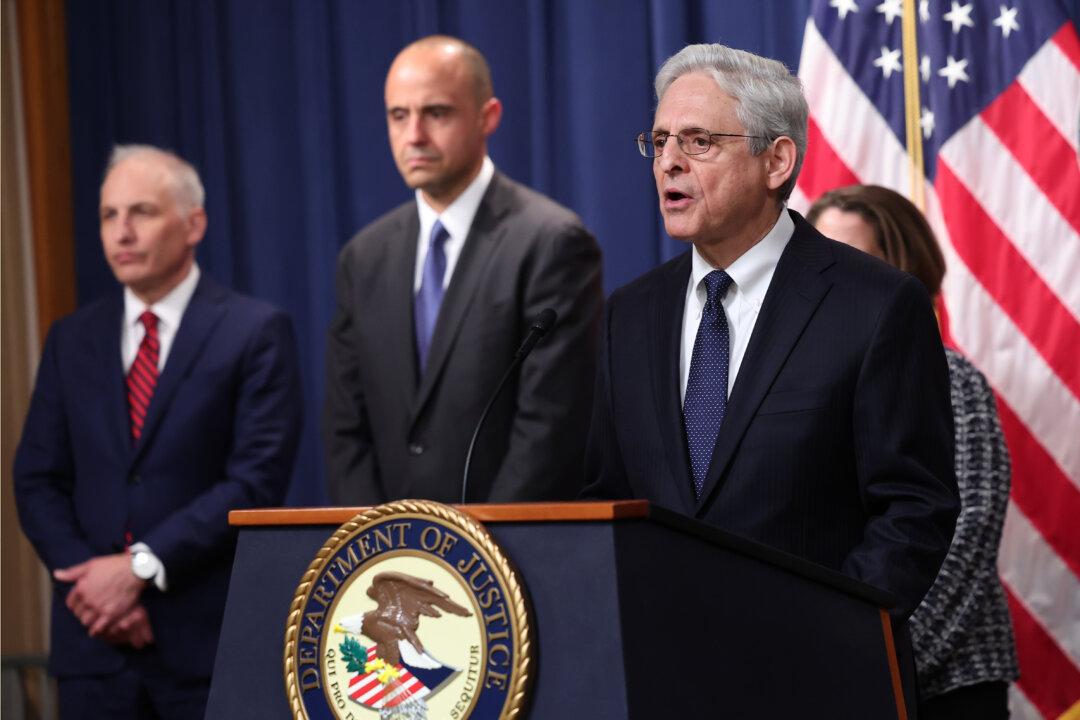Federal prosecutors have charged more than 1,500 people in connection with the Jan. 6, 2021, breach of the U.S. Capitol. They could have brought charges in hundreds of other cases but decided not to, the top U.S. prosecutor in Washington says.
“We have turned down hundreds of cases where the FBI is saying, ‘There is evidence here; it’s your determination, prosecutors, whether you think this should be prosecuted,’” U.S. Attorney for the District of Columbia Matthew Graves told CBS’s “60 Minutes” in an interview that aired on Sept. 15.





